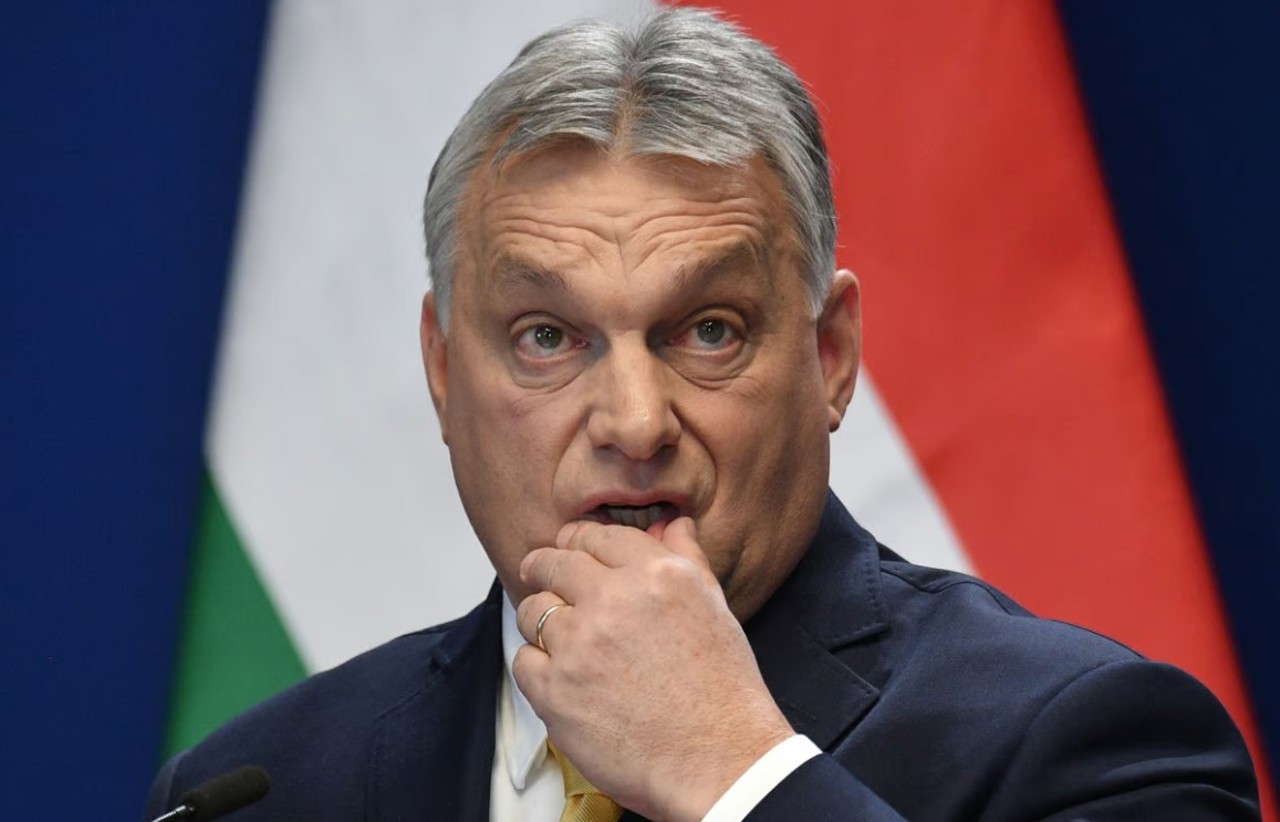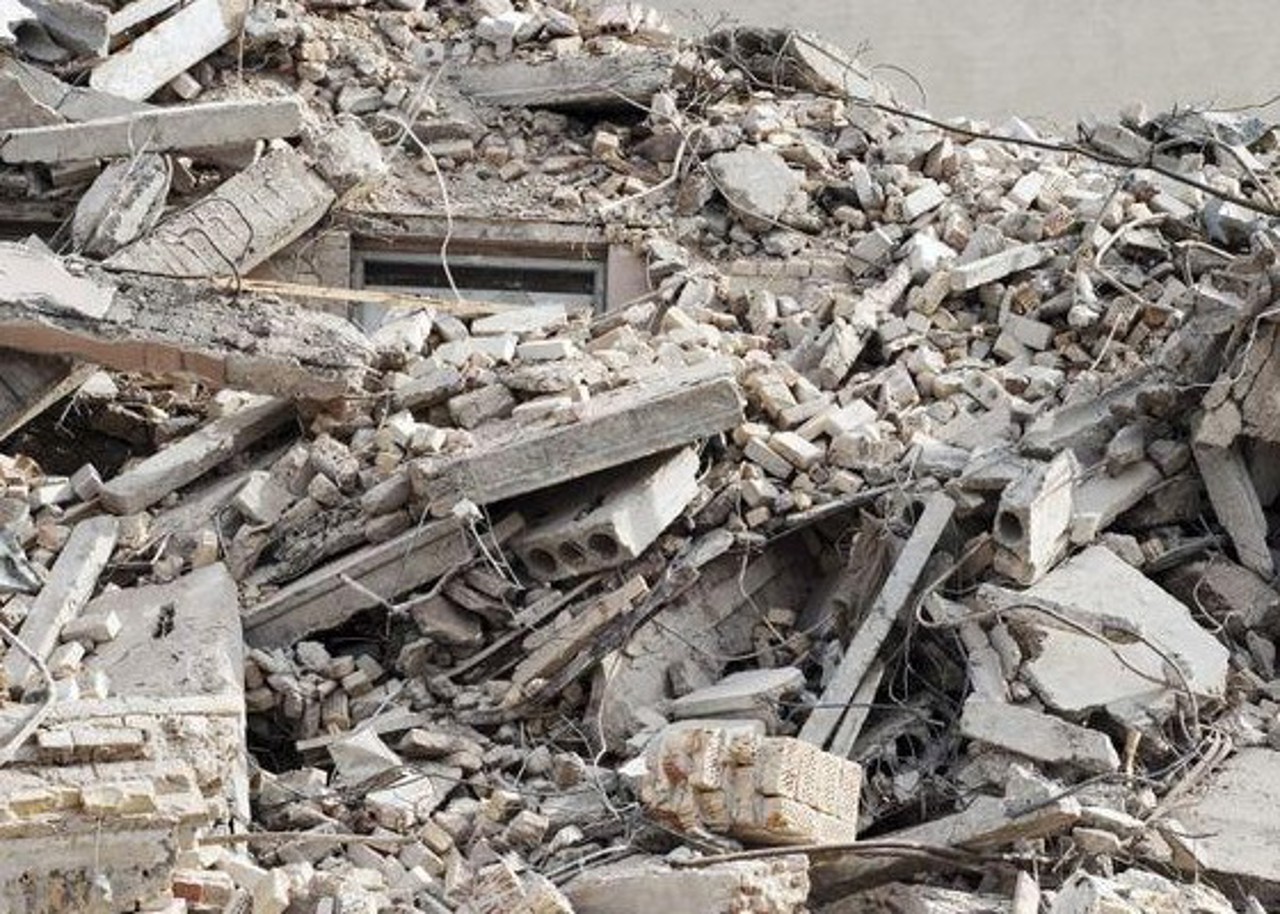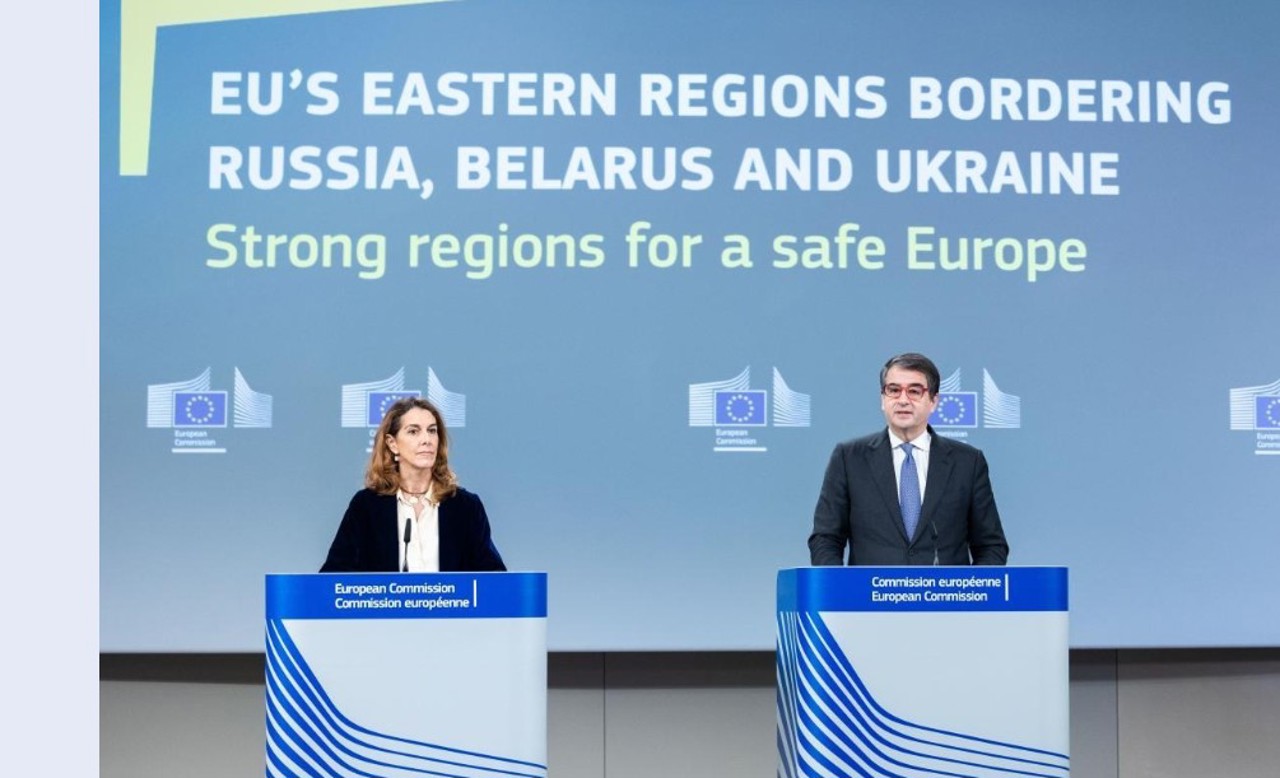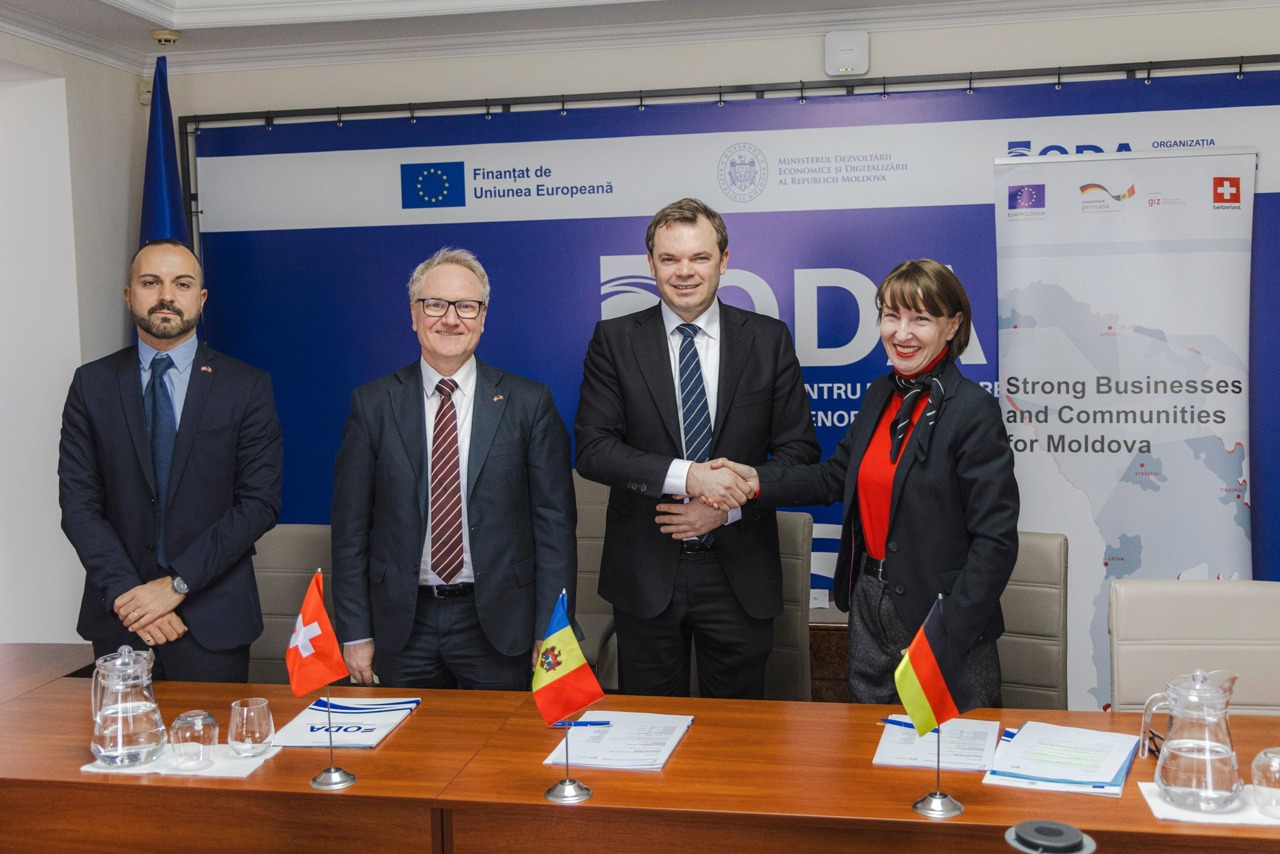On the eve of the European Council summit, the EU Executive unblocks 10.2 billion euros for Hungary
The European Commission on Wednesday unblocked €10.2 billion in frozen EU cohesion funds earmarked for Hungary, one day before European leaders are set to discuss new aid to Ukraine and the opening of accession negotiations for Kyiv, which Prime Minister Viktor Orbán has ferociously opposed, Politico reports.

“After a thorough assessment, and several exchanges with the Hungarian government, the Commission considers that Hungary has taken the measures it committed to take,” allowing the EU’s executive to free up the funds, the Commission said in a press release.
“This means part of the cohesion policy funding would no longer be blocked, and therefore Hungary may start claiming reimbursements of up to around €10.2 billion,” the statement said.
Orbán’s government has been embroiled in a long-standing dispute with Brussels, which has frozen billions of EU funds intended for Hungary over concerns about human rights and the rule of law in the country.
In December 2022, the Commission decided to block about €22 billion in EU cohesion funds, which are meant to help poorer EU member countries invest in their economies. These funds are in large part paid as reimbursements for money spent by national governments on domestic programs.
Back then, the Commission set out conditions that Budapest must meet to access the cash.
These included the implementation of a string of measures to strengthen the independence of the judiciary.
Since then, the Hungarian authorities have made some legal changes to strengthen the role and powers of the National Judicial Council — a body supervising the administration of Hungarian courts — and the independence of the Supreme Court.
These changes were enough to free some, but not all of the frozen funds, as Hungary still needs to implement another set of reforms linked to the protection of human rights and academic freedoms. In parallel, it is also waiting to access €10.4 billion in grants and cheap loans from the EU, for which it will have to take a string of anti-corruption measures.






